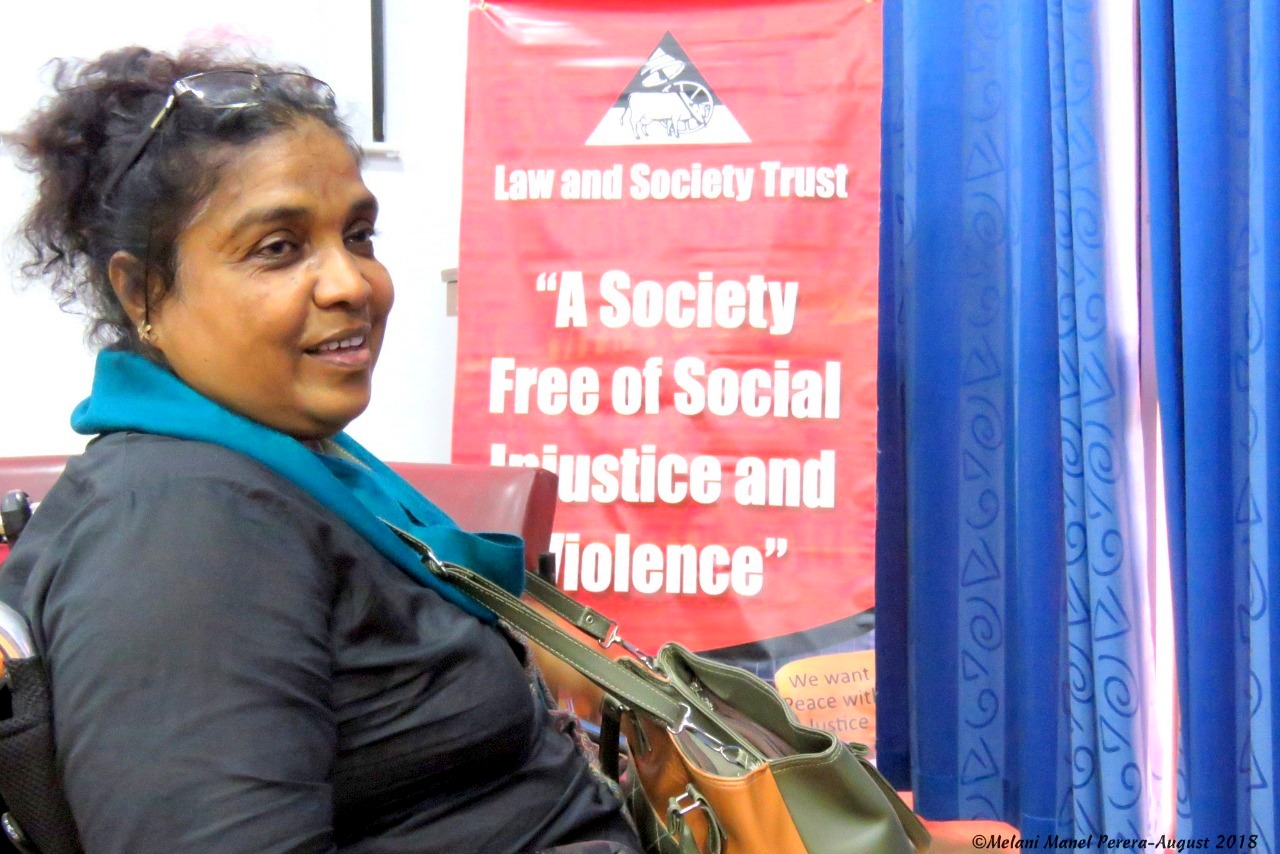Barrier-free trains; historic ruling for disabled people in Sri Lanka
The High Court of Anuradhapura has upheld an appeal by an association of disabled women, ordering the Ministry of Transport and the railway company to take measures to ensure accessibility on the high-speed line in the Southern Province. An important precedent for the whole country.
Colombo (AsiaNews) - On 18 September, the High Court of Anuradhapura ordered the Ministry of Transport and the Sri Lankan railway company to ensure accessibility for people with disabilities at all railway stations on the Northern Province line, between Mahawa and Vavuniya.
The court's decision came following an appeal filed by the President of the Anuradhapura Association of Disabled Women (AKASA), Narayana Gedara Kamalawathi. Isuru Mahesh Panditha, a blind lawyer, appeared in court as the legal representative of the appellant.
The complaint alleged that during the renovation of railway stations between Mahawa and Vavuniya (carried out thanks to a loan from India for the modernisation of the line), accessibility standards for persons with disabilities had not been met.
According to the lawyers, this is the first time that a Sri Lankan court has issued such a ruling. The verdict handed down by Judge Nalinda Hewawasam also orders the parties to pay compensation of 1 million rupees to the applicant. It also stipulates that the annual funding of the Department of Railways should give priority to these measures. The Attorney General's Department has been instructed to work with the relevant officials to submit a detailed action plan to the court to implement the improvements.
‘I am delighted with this outcome,’ commented Narayana Gedara Kamalawathi. ‘The judge's words have given me strength and I thank him for delivering a fair judgement for us. This is an important result for our entire community.’
During the hearing, the government's lawyers attempted to argue that the Anuradhapura High Court did not have jurisdiction over the case. However, the applicant's lawyers referred to Articles 24(1) and 24(3) of Law No. 28/1996 on the protection of the rights of persons with disabilities, which authorise provincial courts to offer fair and equitable remedies. The case was therefore heard and resolved quickly, with a ruling that sets a historic precedent for Sri Lanka.
24/10/2019 17:56







.png)










